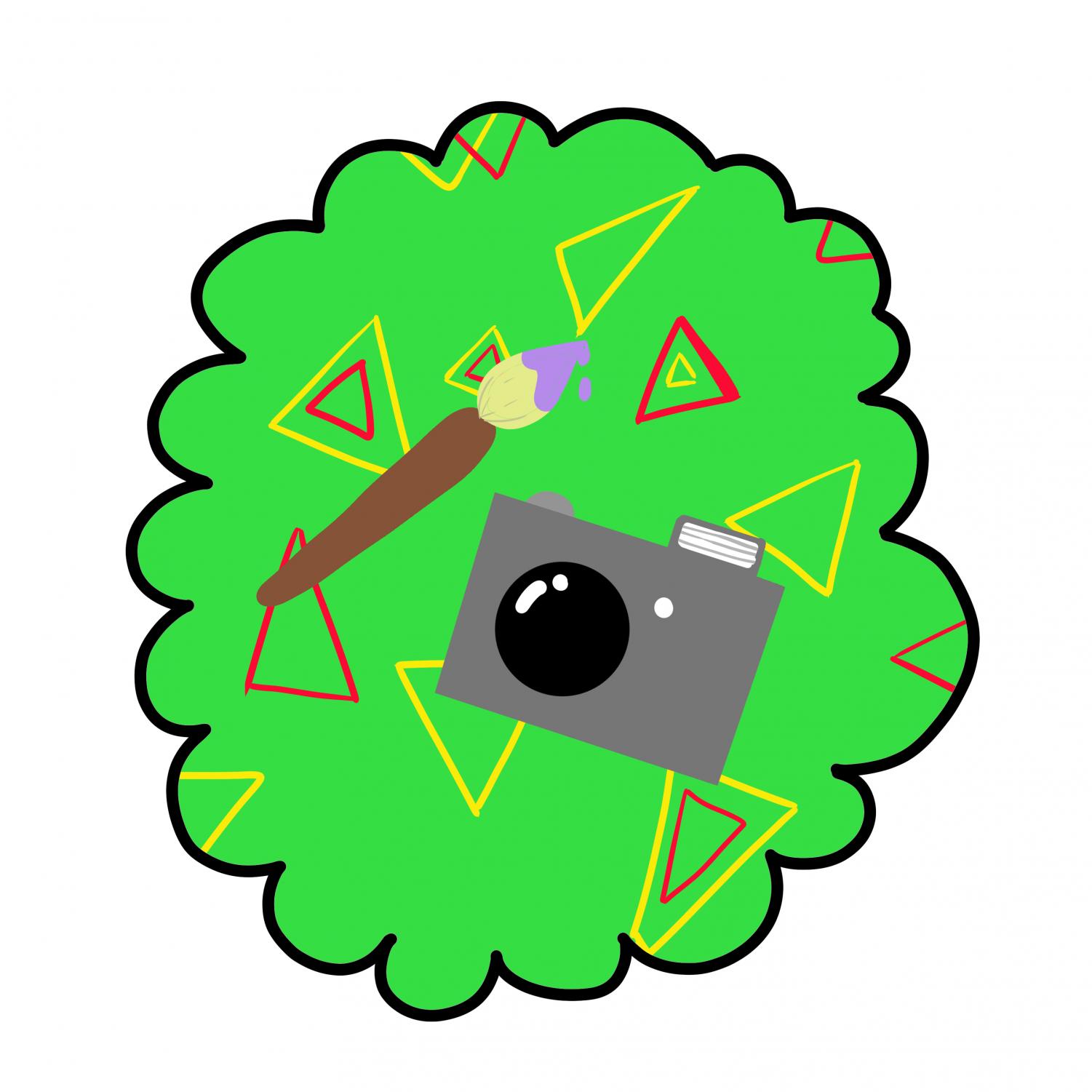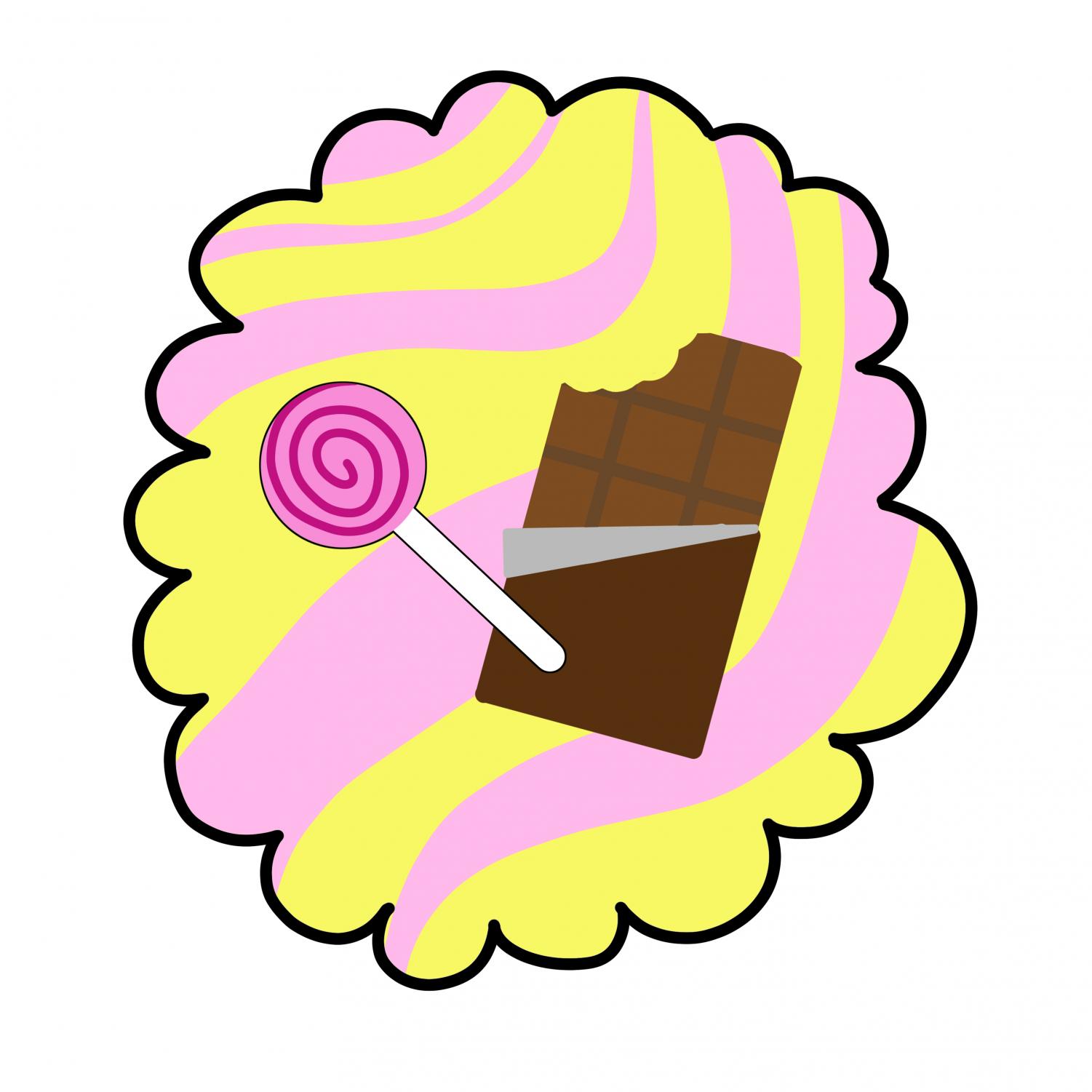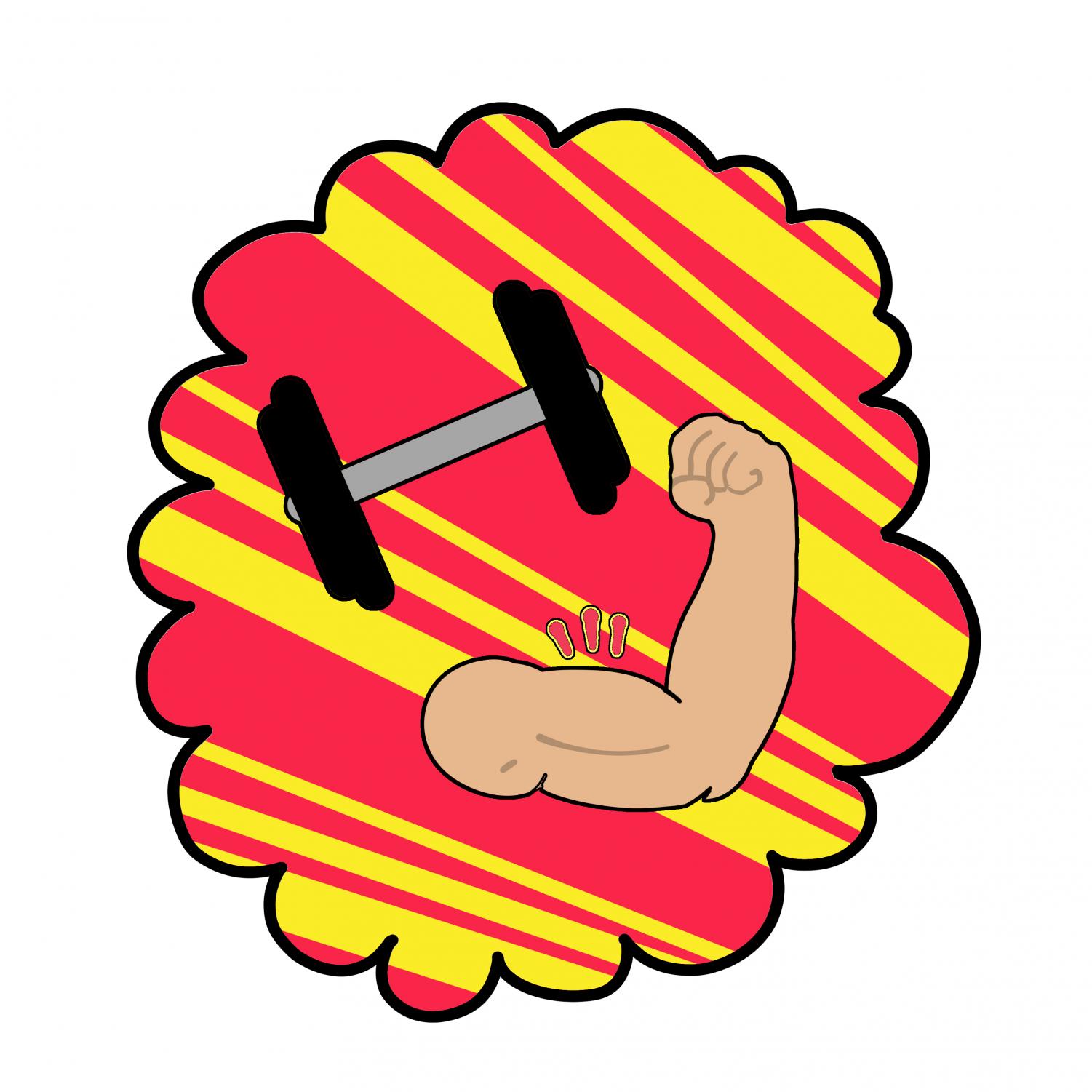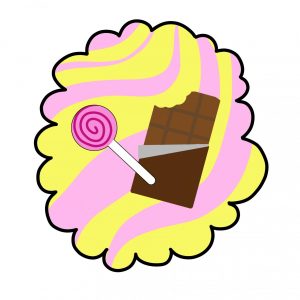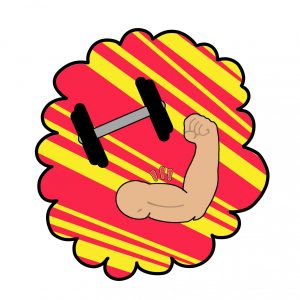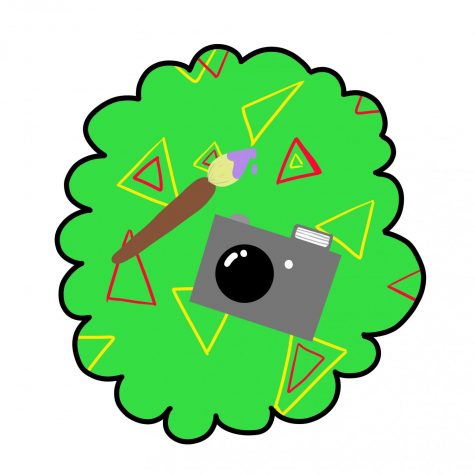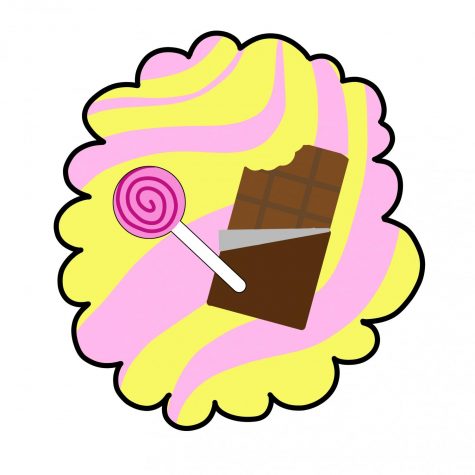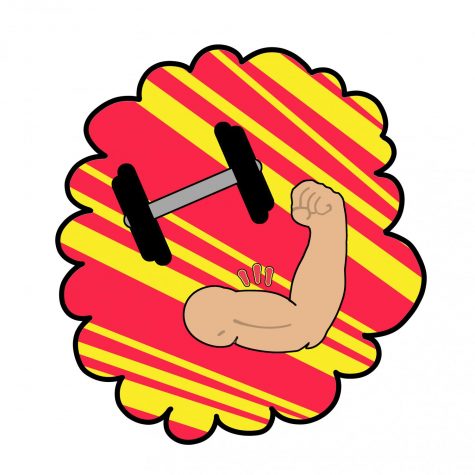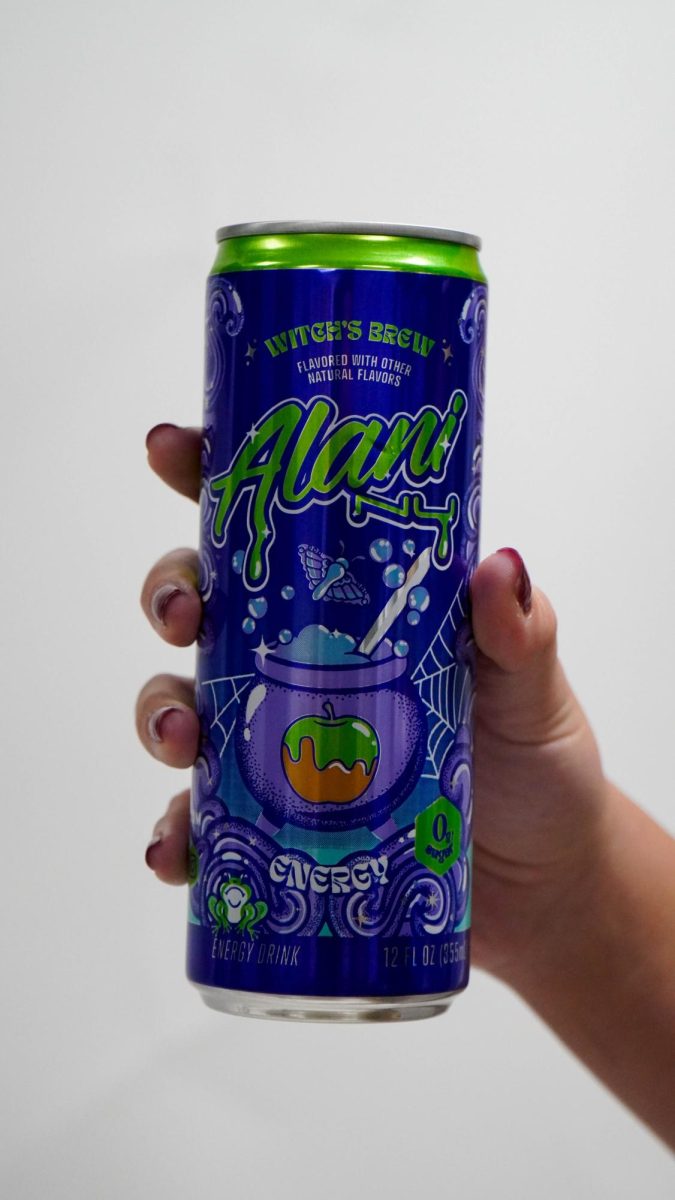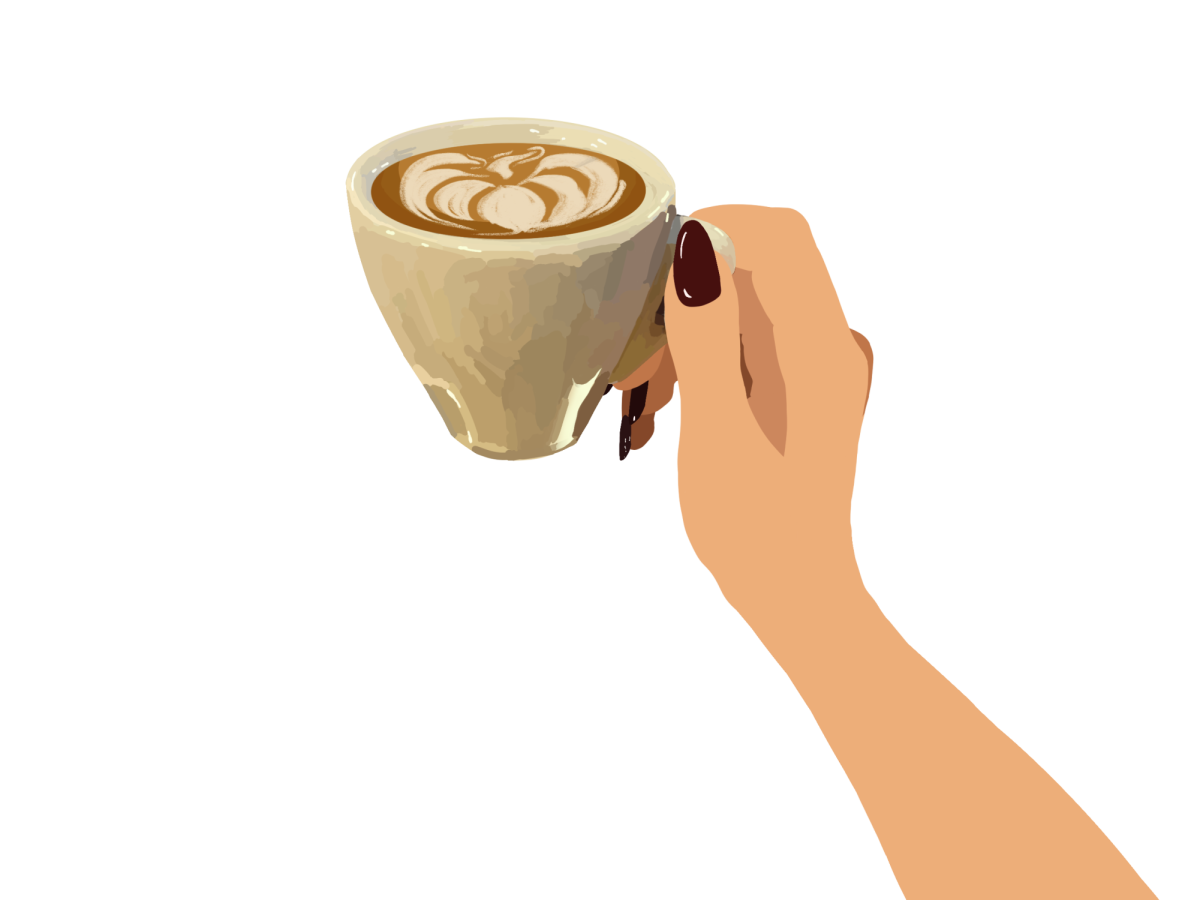Every New Year’s Eve we watch as our friends and families create lists of goals and habits they are going to stick with “for real” this time. And you’d be lying if you said you didn’t make one too, mapping out the times you are going to journal or the foods you are going to avoid. By the time February 1st rolls along, you’ve dropped the whole plan as you binge a new Netflix show with a family-size bag of chips at hand.
As quarantine persists and the coronavirus continues to thrive, many people are taking up good habits and trying to abolish the bad ones yet again. What is the difference between New Year’s resolutions and now? Time.
With this added time at home, we are able to form habits, which will hopefully allow us to develop a routine for when reality resumes. Many neuroscientists speculate that it takes anywhere from 21 to 66 days to form or break a habit. This timing depends upon the person, however. According to Pulitzer-prize winning business journalist and New York Times reporter Charles Duhigg, every habit starts with a psychological pattern he termed the “habit loop.” In his book The Power of Habit, the “habit loop” is a three-part process that includes a trigger, a routine, and a reward.
This “habit loop” occurs with both good and bad habits. For example, when you get hungry you may crave something sweet. This craving is your body signaling or “triggering” you to eat what it desires. After grabbing a cookie, the craving is satisfied, and the process has come full circle. Eventually, this allows your body to go into a routine, in which the decision-making part of your brain goes into “sleep mode.” Every time you crave something sweet, you will need a cookie to satisfy it, without realizing other foods besides cookies can also satisfy this craving.
Duhigg asserts that changing a habit is best done by modifying habits that are already present, instead of trying to eliminate them. So, when the craving for something sweet arises, force yourself to eat an apple or another healthy alternative that will still satisfy that craving. Now your routine has changed, yet your neurochemical reward remains the same. You will still get that feeling of fullness but with a healthier routine.
Senior Allie Hoeg created her goal to understand and speak Spanish fluently when the lockdown was first introduced.
“I knew I wasn’t going to be able to speak the language right away, as it has been a while since I have taken Spanish class, but I wanted to set a starting goal of being able to comprehend what’s being said so it is easier to learn how to reply,” Hoeg said.
She created a planner with times throughout the day in between classes to use apps such as Rosetta Stone and Duolingo. She states that these apps allow her to forget that she is learning, as the activities and games within the apps allow her to have fun.
Through her apps and repetition of the language, she is training her brain to not only get into a routine of practicing the language but also developing a habit along the way.
Although repetition is important, habits cannot be easily created by simply “doing it every day” and instead require a certain mindset in order to achieve it. Habits are easily attainable by setting up and following goals.
“Start small,” Middle School Principal Jason Dowdy said. “You don’t have to become an expert right away, but maybe there is something small that you can start with. Setting some little goals is a good idea. And try to have some set time. Say every day after school when I’m done with my classes, I’m going to sit and practice or do whatever it is I’m trying to learn.”
Dowdy himself is working on relearning his skill of playing the guitar while teaching his daughter junior Clara Dowdy.
“Be brave enough to try something you are not very good at,” Dowdy said. “Know that it takes time to learn things, and that’s okay. Part of the fun is learning something new.”
Dowdy, like many others, is trying to use this time to create a habit or routine that will stick, even after reality returns. It is important to continue the “habit loop” created rather than giving it up within the week. While this may be as difficult as avoiding that cookie or a Netflix binge, it’s crucial to keep working until that habit is second nature, freeing your mind and body from constantly pushing to lay off the sweets or to pick up that guitar.




